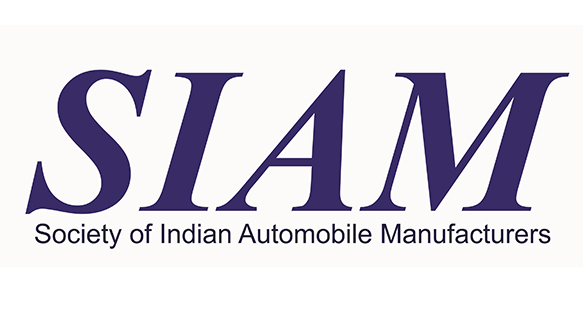
The Society of Indian Automobile Manufacturers has issued a detailed statement challenging the Supreme Court’s temporary restriction on sale of diesel SUVs and cars with engine capacities above 2000cc in Delhi. In the statement, SIAM has said that though the pollution issue in Delhi is very real, the Supreme Court’s decision is not “holistic” and has been taken without considering its longterm impacts.
According to reports cited by SIAM, “vehicles are responsible for only 20 per cent of pollution in Delhi out of which 14-15 per cent is attributed to passenger cars, which makes the overall load of passenger cars on the city’s pollution levels a miniscule 3 per cent.” These reports that were submitted to the SC have been ignored completely while making this decision, says SIAM.
The organisation further pointed out that restricting sales of BS IV vehicles in the city will delay the proportion of BS IV-compliant vehicles on the city roads which run much more cleanly than vehicles compliant with BS I/II/III… If reducing pollution was the court’s aim, then it should have promoted use of BS IV vehicles and restricted use of older vehicles as the emissions from one old vehicle are equivalent to that from five new ones.
SIAM also stated that back in the year 2003, an Auto Fuel Policy was drawn containing several measures to control pollution in Delhi out of which only a handful were implemented. The approach of the court towards the issue has been deemed as “single minded” and is claimed to be targetting only the auto industry which is a soft target when it comes to the issue of Delhi’s pollution problem.
The organisation further added that “historically, pollution levels in Delhi always start rising from September to December and start falling from January till August”, irrespective of the number of vehicles sold in the city. Therefore banning sale of a particular segment of vehicles during this period will not make much difference to the existing pollution levels in the city.
SIAM even suggested some measures to prevent the pollution crisis effectively:
1) Complete the construction of bypasses in Delhi, which has been delayed for several years, so that the truck traffic not destined for Delhi could be effectively diverted.
- Have accountability to ensure that burning of biomass and paddy fields is immediately stopped in and around NCR.
- “Employ dust collectors and vacuum cleaners to clean the dust on the road kerb-sides.”
- Urgently lay down a policy for removal and scrappage of old and highly polluting vehicles off the road.
- Constitute an Expert Committee consisting of all stakeholders to draw up an holistic action plan for short, medium and long term with quantifiable targets based upon data to ensure sustained air quality improvements.
The Delhi Government is also coming down hard on commercial vehicles that use Delhi as a transit route to other states by doubling the Green Cess . As of now, the ban on registration of diesel vehicles with engine capacities exceeding 2000cc will be implemented from January 1, 2016 to March 31, 2016 in Delhi. Many manufacturers, primarily Mahindra and Mahindra, have urged the SC to reconsider these policies at the end of the trial period.
Also read:
Is there any rationale behind the Delhi diesel car registration ban? Delhi has a pollution problem but the solutions do not make any sense[table id=1397 /]
)